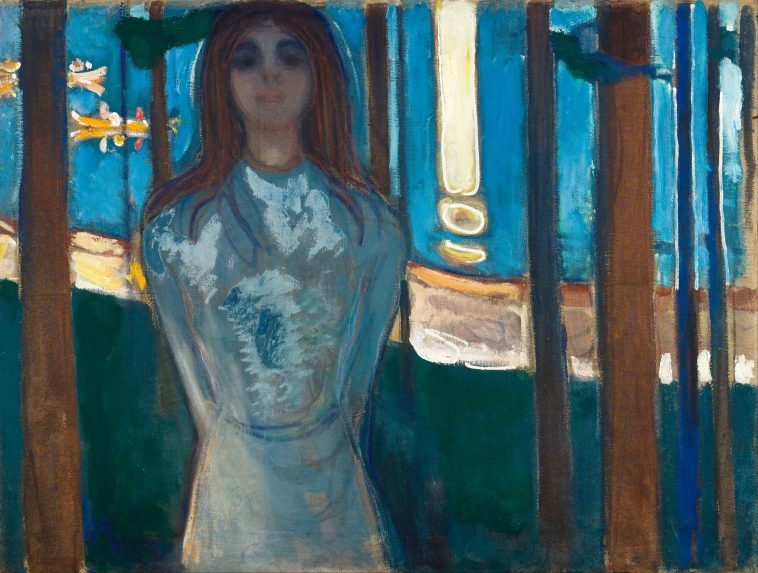The Apostrophe Blog
The purpose of poetry is to remind us
how difficult it is to remain just one person.
—Czesław Miłosz
There are numerous ways to bring the art of the voice into poetry. We speak. We converse. We inhabit personas and personalities. We wail. We squawk. We squeal. We complain. We rant, rave, and react. We sound off with authority and verve. We simply and merely utter. And this is all the part of the notion of poetic voice. And in all of these varied utterances, we instinctively inhabit multiple registers of diction—high, middle, and low according to the late poet Tony Hoagland (with Kay Cosgrove) in his short, sweet, and very smart book of essays, The Art of Voice: Poetic Principles and Practice.
For Tony Hoagland, “The role of voice in poetry is to deliver the paradoxical facts of life with warmth and élan, humor, intelligence, and wildness. […] A skilled poetic voice can personalize and frame moments in such a way as to grant them human meaning.” The speaker of a poem is very much alive and well. The strategies for bringing that speaker to life and engaging the easily distracted reader include aspects of poetic voice as worldliness; speech registers; voices from the environment around the poet; the fluent sounds of intimacy; and the use of imported voices in a poem. Each section offers examples of these themes from a diverse range of voice-infused poems by poets such as Elizabeth Alexander, Linda Gregg, Terrance Hayes, Diane Seuss, Gerald Stern, and Derek Walcott. Idiom and the vernacular. Confessional language and highfalutin’ word palettes. Humor and wisecracking. Gut-wrenching honesty and heartbreak. And a bonus? Each chapter concludes with three accessible and fun prompts/exercises so you can practice what Hoagland has just preached. The Art of Voice is a practical reminder that every poet can improve her/his craft by paying attention to the ways our voices and the voices of others enter into conversation with our poems. It is well worth the read.
The public domain image above is of the 1896 painting by Edvard Munch entitled The Voice, Summer Night.
- Don’t Fence Me In! - July 5, 2025
- Nothing to Celebrate Today… - July 4, 2025
- Call It By Its Name - July 2, 2025

